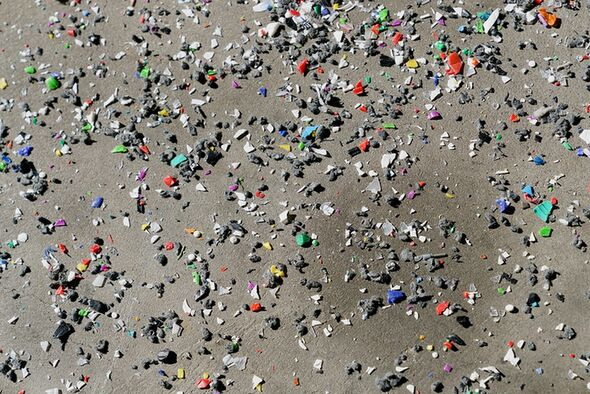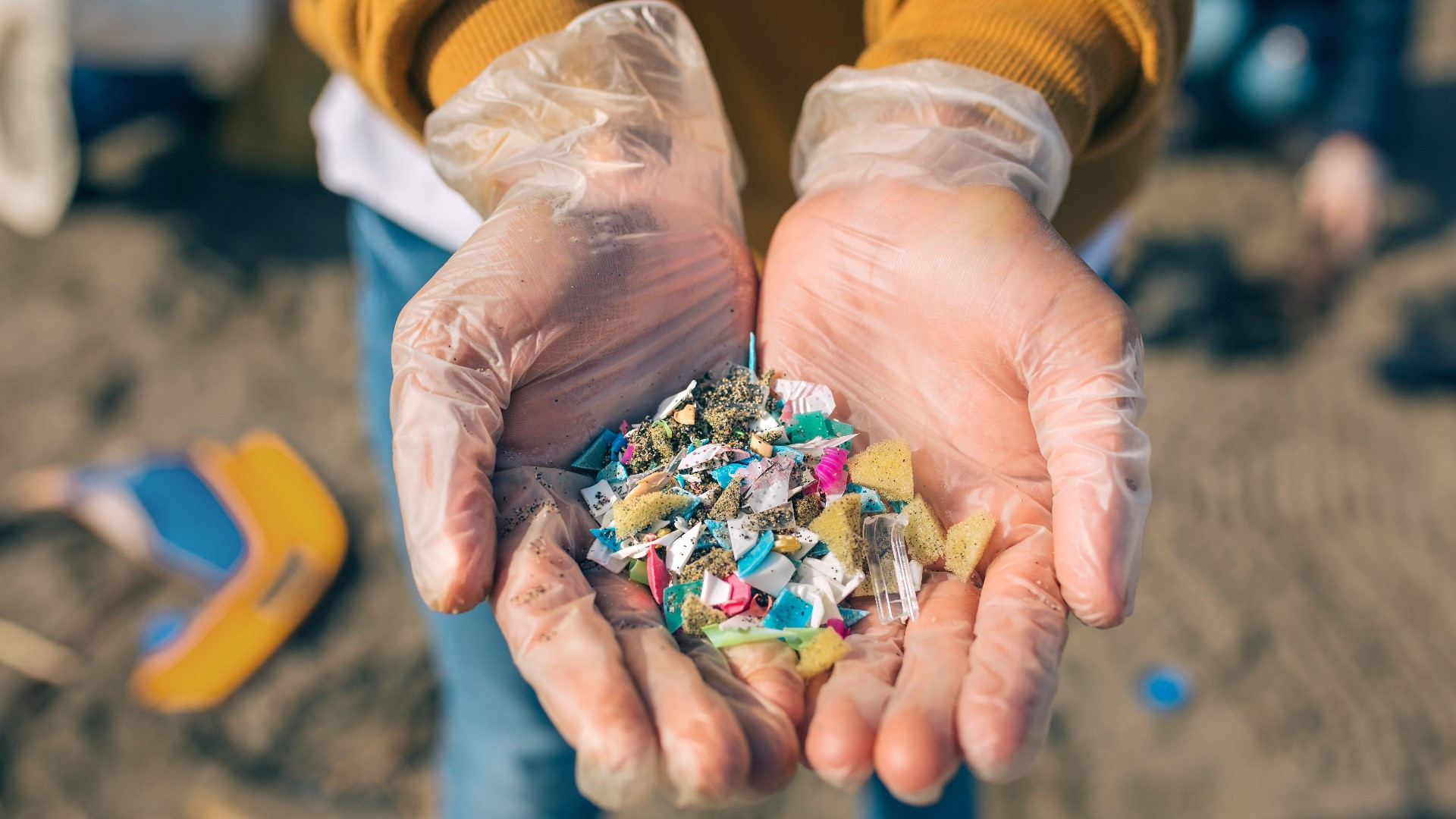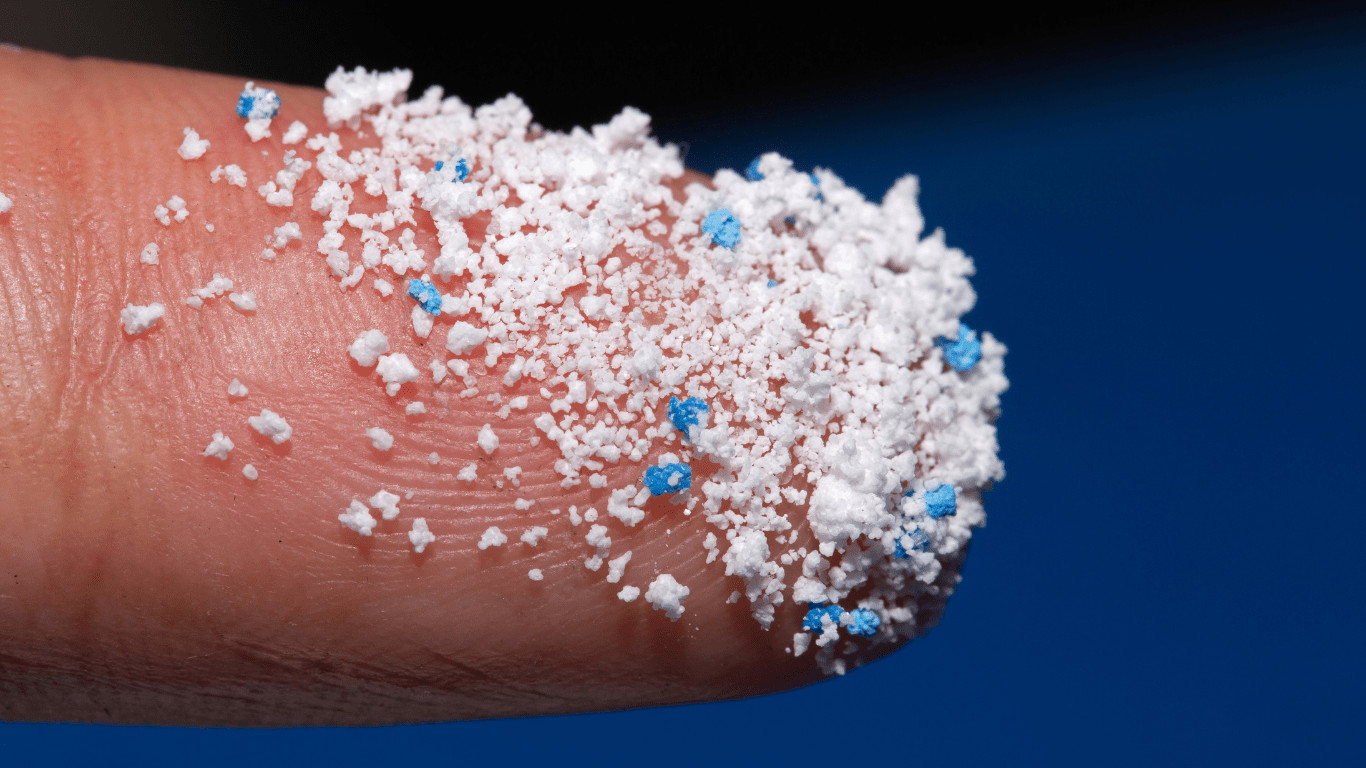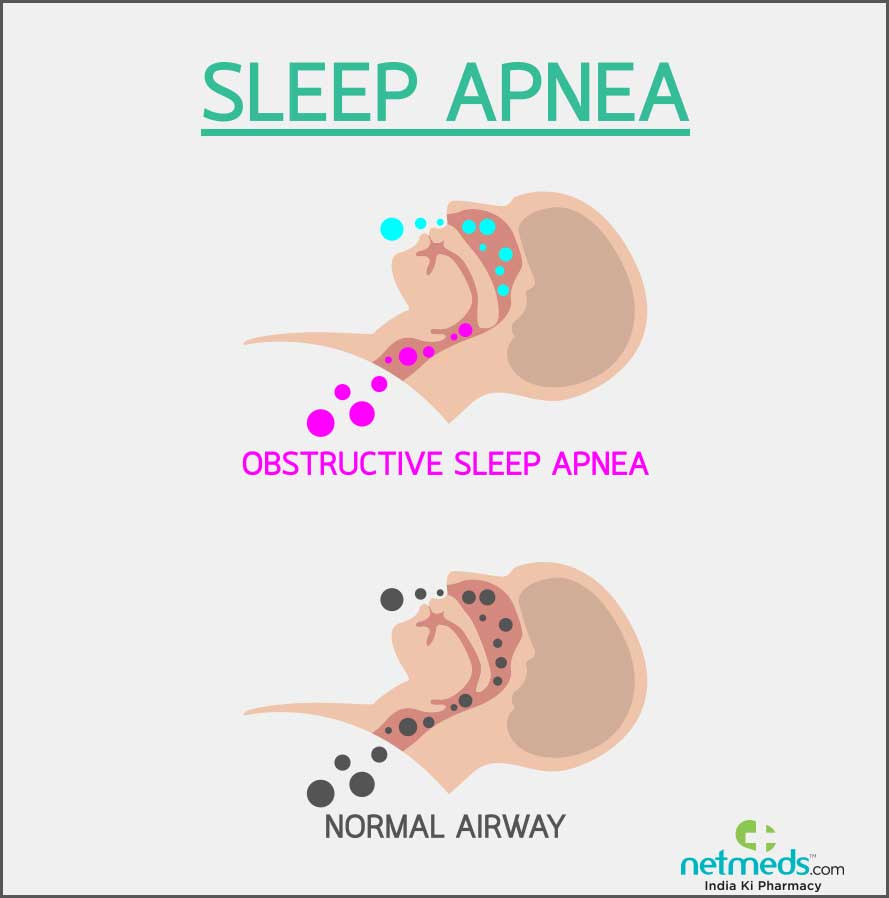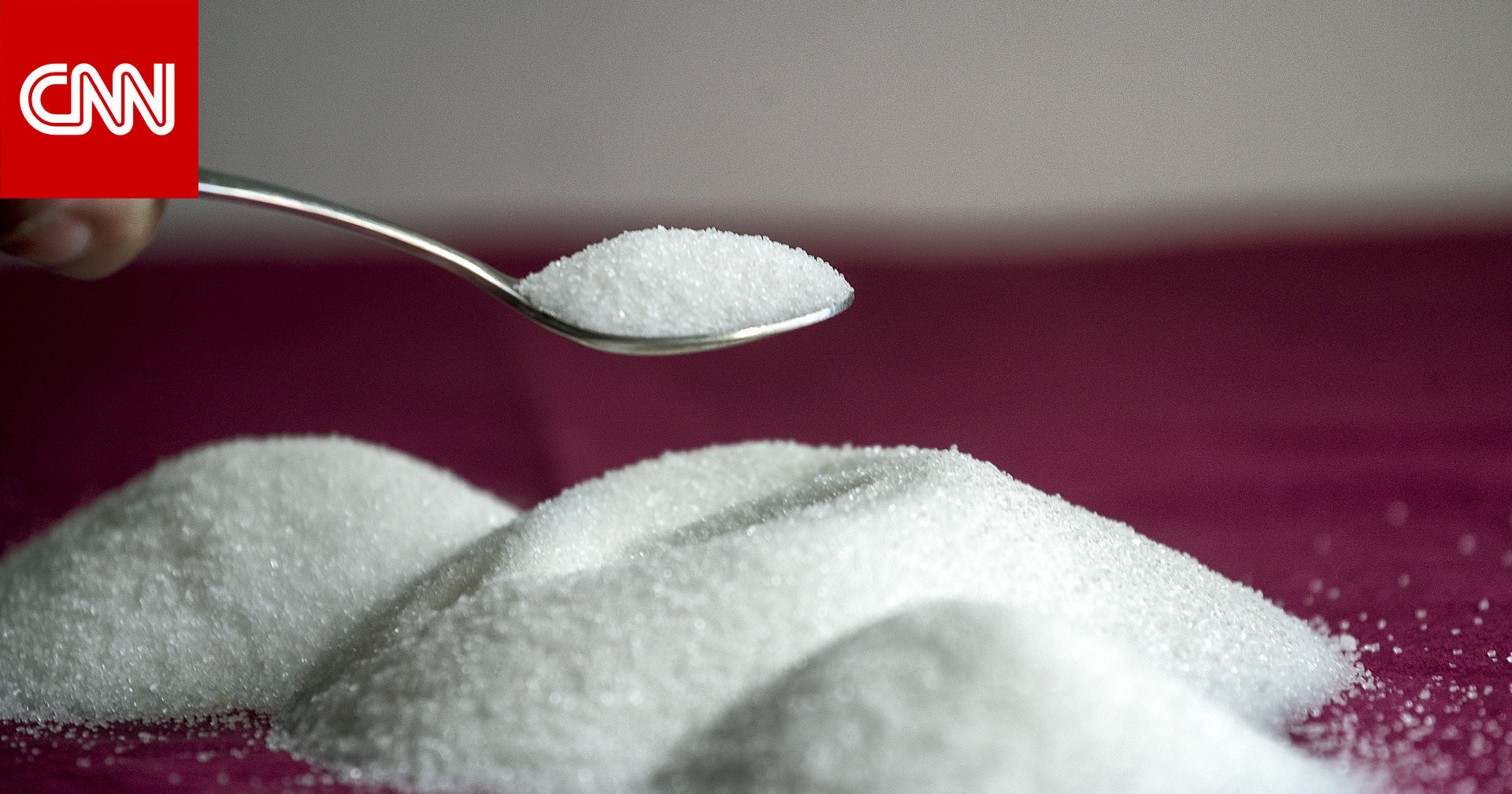Microplastics in Human Blood: A Growing Health Concern
In 2022, a groundbreaking discovery sent shockwaves through the scientific community: microplastics—plastic particles less than five millimeters long—were found in human blood. This alarming revelation was quickly followed by the detection of microplastics in various organs, including the lungs, kidneys, livers, hearts, and even the brain. The ubiquitous nature of these tiny pollutants raises critical questions about their impact on human health and the urgent need for action.
The Plastic Paradox: A Wonder Material with Devastating Consequences
Plastics have revolutionized modern life. Their versatility, durability, and low cost have made them indispensable in countless applications, from packaging and clothing to medical devices. Since the 1950s, plastic production has skyrocketed, outpacing that of any other material. We now produce a staggering 440 million tons of plastic annually, a figure that continues to climb. However, this seemingly unstoppable rise comes at a significant cost.
Environmental Impacts of Plastic Waste
The environmental consequences of plastic production and disposal are far-reaching. The manufacturing process itself contributes to global warming. Furthermore, our current waste management practices are woefully inadequate. Only about 9% of global plastic waste is recycled, while 19% is incinerated. The remaining 72%, a massive amount, ends up in landfills (50%) or as litter (22%), ultimately polluting our environment.
The Microplastic Problem: From Ocean to Organ
The pervasive nature of microplastic pollution wasn't fully appreciated until the early 2000s. In 2004, marine biologist Richard Thompson and his team published a seminal paper in Science, introducing the term "microplastics" to describe the microscopic plastic fragments and fibers found in the marine environment. Initially, researchers focused on the impact on marine life, but soon discovered microplastics in air, water, and food sources. Their presence throughout our environment implies substantial human exposure. This is discussed in detail in the recent research about how microplastics end up in our bodies; a study shows that microplastics are in almost every part of the food chain, highlighting the widespread nature of microplastic pollution, from the air we breathe, to the water we drink, and even the food we eat, from vegetables to ice cream.
The Growing Evidence of Harm: Microplastics and Human Health
Decades of research have begun to uncover the potential health risks associated with microplastic exposure. A recent study published in March 2024 analyzed plaques removed from the clogged heart arteries of about 300 people with heart problems and found microplastics in about 60% of the samples. People with microplastics were 4.5 times more likely to have a heart attack, stroke, or die within 34 months of the plaque removal surgery, compared to those without. These findings raise serious concerns. However, correlation does not equal causation; further investigation is needed to definitively establish a link between microplastics and specific health issues.
Research Challenges and Uncertainties
Establishing a clear causal link between microplastic exposure and human health problems is a major scientific challenge. The sheer diversity of plastic types (over 13,000 different chemicals are used in plastic production) and the ubiquitous presence of microplastics make it nearly impossible to conduct controlled studies comparing exposed and unexposed populations. Even studies using cell cultures or animals cannot fully capture the complexity of human exposure and response. The lack of controls makes determining direct causal effects on humans difficult. While lab studies show inflammation, DNA damage, and organ failure in exposed cells and animals, these findings don’t definitively prove harm in humans. Further research is necessary to understand the extent of the health implications.
Addressing the Microplastic Crisis: A Multifaceted Approach
While scientists continue to investigate the full extent of the health impacts, we cannot afford to wait for definitive answers before taking action. The evidence of harm to the environment and wildlife is undeniable. The issue of tire wear particles, containing plastics and other harmful substances, is a major source of environmental pollution, contributing to microplastic contamination. We need comprehensive strategies focusing on waste management and reduction, production innovations, and international cooperation.
Technological Solutions and Sustainable Alternatives
Technological advancements are crucial in addressing the crisis. Innovations in plastic recycling technology, the development of sustainable plastic alternatives, and efficient collection and recycling of existing plastic waste are all vital components of a comprehensive solution. However, these technological advancements alone are insufficient to completely resolve the problem. The scale of the issue necessitates collective action by industries and governments.
Policy and Regulation: A Global Effort
In 2022, the UN committed to establishing a legally binding agreement to end plastic pollution. This agreement is poised to include strategies for reducing plastic production, phasing out harmful plastics, redesigning products to minimize microplastic creation, and implementing robust waste management systems. As the UN committee prepares to finalize the draft agreement in South Korea in late November, the global community must unite in this endeavor to mitigate the environmental and health risks posed by microplastics. This is a crucial step towards a future where plastic is handled responsibly and sustainably, protecting both our environment and our health.
A Call to Action: Preventing Future Harm
The problem of microplastics is complex and requires a multi-pronged approach involving individuals, industries, and governments. While the full extent of health consequences remains unknown, the evidence of harm to both environment and health is compelling enough to act decisively. By reducing plastic consumption, choosing reusable alternatives, supporting policies that promote sustainability, and fostering global cooperation, we can collectively reduce the amount of microplastics in our environment and safeguard human health for generations to come. This issue demands urgent attention and coordinated efforts across all sectors to prevent further environmental damage and potential long-term health risks. The solutions require a collective understanding and effort. We must remember that our well-being is intrinsically linked to the well-being of our planet. Therefore, we must address this issue responsibly and effectively to preserve a healthy future for all. This isn’t just about environmental responsibility—it’s about protecting our own health and well-being. Let’s choose a cleaner, healthier tomorrow.




